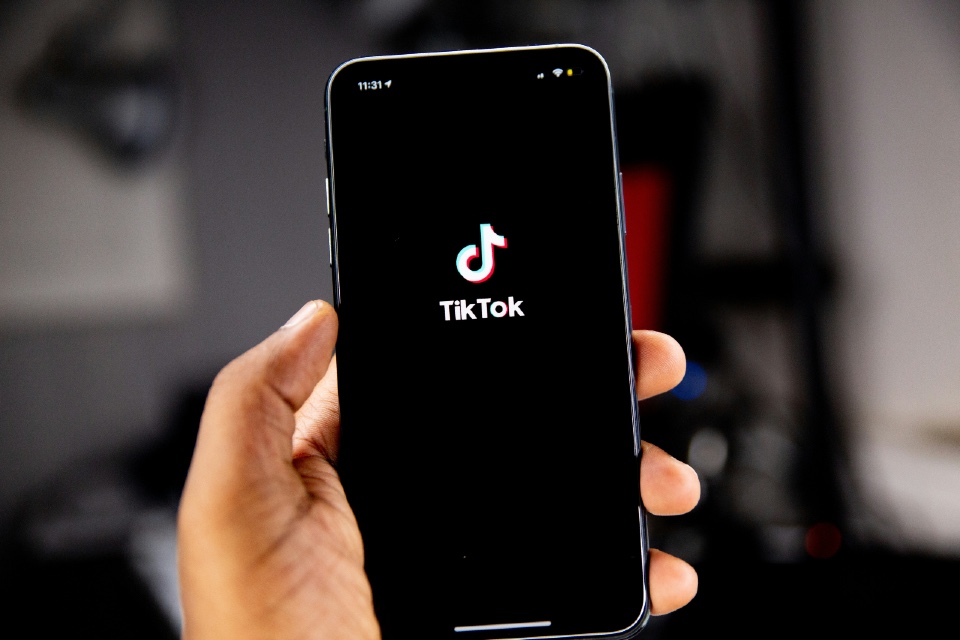The rise of TikTok shop as a tier-one marketplace
TikTok Shop has emerged as a formidable player in the world of social commerce, challenging established platforms such as Facebook, Instagram, and YouTube. The platform’s swift ascent has captured the attention of online sellers and industry observers alike. Sarah Znideric, VP of Global Partnerships at Linnworks, discusses the rise of TikTok Shop, some of its biggest success stories, and its potential to compete as a genuine tier-one marketplace…
TikTok Shop Success Stories
TikTok Shop’s success stories are nothing short of remarkable. From humble beginnings, some sellers have experienced exponential growth using the platform. One strong example of this is the case of Nature Spell, a hair and skincare company, which started with just a few orders a day and eventually peaked at around 9,000 product orders daily.
Other success stories on the platform have included Maters & Co, which received more than 100,000 orders for its pure honey products in its first year on the platform, and the influencer Cariad Ryan, who, as an affiliate, sold £90,000 worth of TikTok Shop products in four hours on Black Friday last year. These achievements demonstrate how TikTok Shop can help to translate ‘hype’ into real world success, and drive substantial sales and visibility for businesses.
The Diversity of TikTok Shop Products
The platform caters for a wide range of product categories, including beauty, fashion, homeware, pet care, food, refurbished tech, and books. While beauty and fashion products have seen perhaps the biggest success, sellers from diverse industries have also found sales success on TikTok Shop. And this success is driven by the platform’s inherent blend of community, entertainment, and shopping, which have contributed to its widespread appeal.
The Strategic Timing of TikTok’s ecommerce Move
Combined with the product offerings on the platform, the launch of the platform itself seems well-timed. In a similar vein to eBay’s growth trajectory 20 years prior, TikTok benefits from a mature infrastructure, ensuring a quick and natural expansion. TikTok’s commitment to ‘community commerce’ sets it apart, providing the app’s users with an immersive shopping experience from within the TikTok app.
Gaining New Customers on TikTok Shop
The platform has proven effective in helping retailers to discover new customers without cannibalising their existing traffic. Often, TikTok Shop attracts an entirely different audience, or engages with customers that might not have otherwise made purchases on different marketplaces and platforms. The relatively fast sign up process, combined with the platform’s small commission fees ranging from 1.8% to 5% on sold products, have provided a cost effective and convenient revenue stream for sellers.
The Key to Success on TikTok Shop
While it is possible to simply list products on TikTok Shop, sellers that embrace a TikTok-centric approach will reap the most rewards, creating engaging and native content that aligns with the platform’s entertaining nature. This emphasis towards creativity extends to becoming a creator on the platform itself, where regular posts can generate a significant and engaged following. And for those that may be more camera shy and reluctant to get involved in this way, it is possible to leverage TikTok’s community of influencers to achieve an alternate method of product promotion, often in exchange for an affiliate promotion.
The Future of Online Marketplaces
The arrival of TikTok Shop represents a paradigm shift in online marketplaces, and provides a vibrant, community-driven shopping experience that promises a dynamic future for retailers. Its unique approach, coupled with a commitment to ‘community commerce’, positions TikTok as a formidable player in the evolving ecommerce landscape.
The increasing popularity of TikTok both as a social media platform, but also as a new online marketplace, presents online retailers with a compelling opportunity to take advantage of what is a uniquely diverse and engaged audience. The platform’s success stories, diverse product offerings, and commitment to community-driven commerce make it a strong contender for tier-one marketplace status. As the future of online marketplaces takes shape, TikTok Shop stands at the forefront, inviting savvy retailers to embrace the changing face of ecommerce.
Photo by Solen Feyissa on Unsplash

